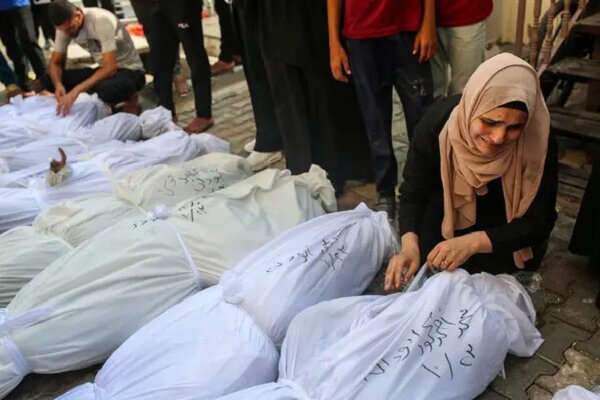
Similar Posts
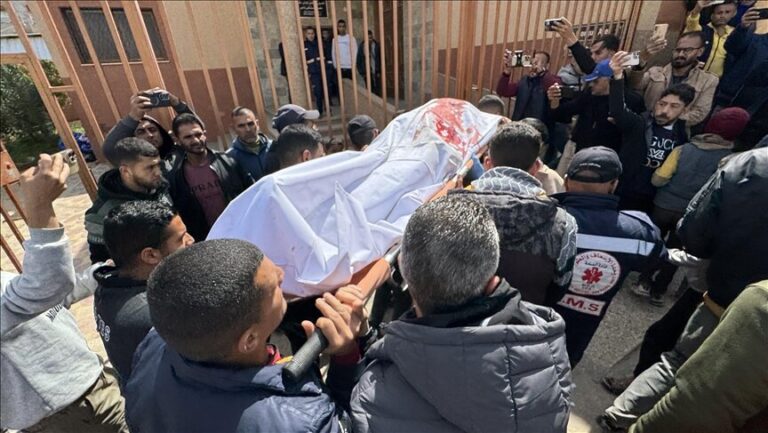
Israeli Forces Claim 8 More Palestinian Lives in Ongoing Gaza Conflict
The Israeli military has intensified operations in Gaza, leading to tragic casualties and a growing humanitarian crisis. Recent reports indicate at least eight deaths, including a child, on a single day, with total fatalities rising to 48,515 since hostilities began on October 7, 2023. Injuries have surged to 111,941, with many residents unaccounted for and believed trapped under rubble. The Palestinian health ministry highlights the urgent need for humanitarian assistance as the conflict escalates. Calls for a ceasefire and diplomatic resolution continue amid the dire situation, emphasizing the necessity for global support and aid for affected families in Gaza.
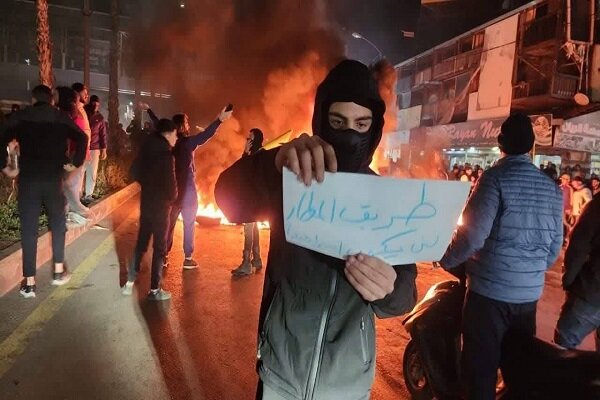
Beirut Airport Access Cut Off as Iranian Plane Faces Ban: What It Means for Travelers
On Thursday, protests erupted at Beirut’s Rafic Hariri International Airport after authorities denied entry to an Iranian flight carrying Lebanese passengers. Demonstrators accused the Lebanese government of succumbing to U.S. and Israeli pressure, leading to clashes with military personnel as they blocked access and burned tires. Many passengers remained stranded in Tehran, prompting calls for government intervention to facilitate their return. The incident reflects broader frustrations over Lebanon’s foreign relations and government decisions perceived as prioritizing external influences over citizens’ needs. The situation has drawn media attention and highlights the ongoing challenges facing Lebanon amid economic and political instability.
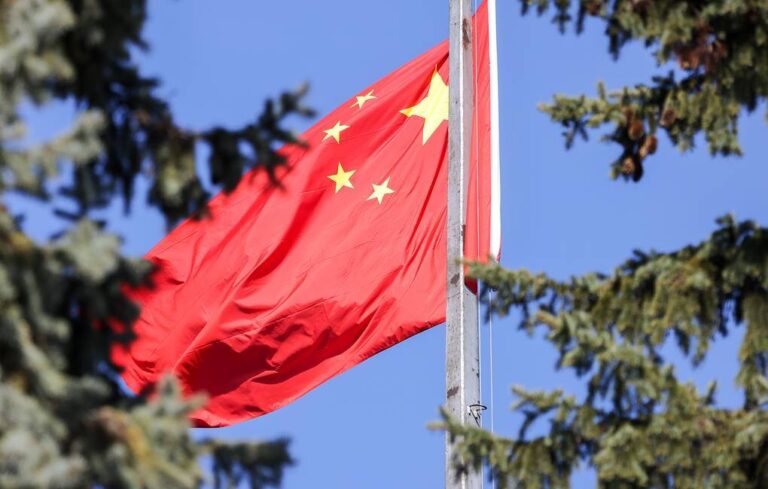
China Claims Australia Engages in Intentional Provocation Amid Rising Tensions
Tensions between Australia and China have heightened following a close encounter between a Chinese PLA J-16 jet and an Australian Defence Force aircraft during a routine surveillance mission. The Chinese fighter jet reportedly released flares within 30 meters of the Australian plane, prompting Australia to label the incident as part of a broader pattern of “unsafe and unprofessional” conduct by China. In response, China accused Australia of provoking tensions and infringing on its sovereignty in the contested South China Sea. The incident underscores the complexities of military interactions in the region, raising concerns about safety and diplomatic relations between the two nations.
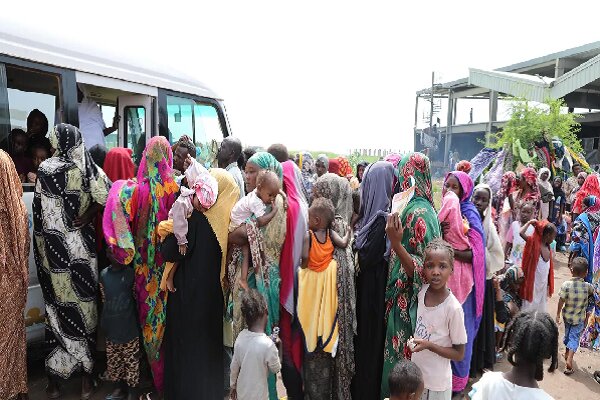
Tragic Sudanese Military Airstrike on Market Claims 54 Lives: A Devastating Humanitarian Crisis
The recent attack on Tora village in Sudan has intensified concerns over civilian safety amid escalating violence in the region. The assault led to a devastating fire, disproportionately affecting women among the casualties, with over half of the victims identified as such. Human rights groups have condemned the attack as a “war crime,” while the Sudanese military denies targeting civilians. The ongoing conflict, which began in April 2023, has resulted in over 28,000 deaths and millions displaced. Calls for international action, including increased humanitarian aid and sanctions against perpetrators, underscore the urgent need to protect vulnerable populations and restore stability.
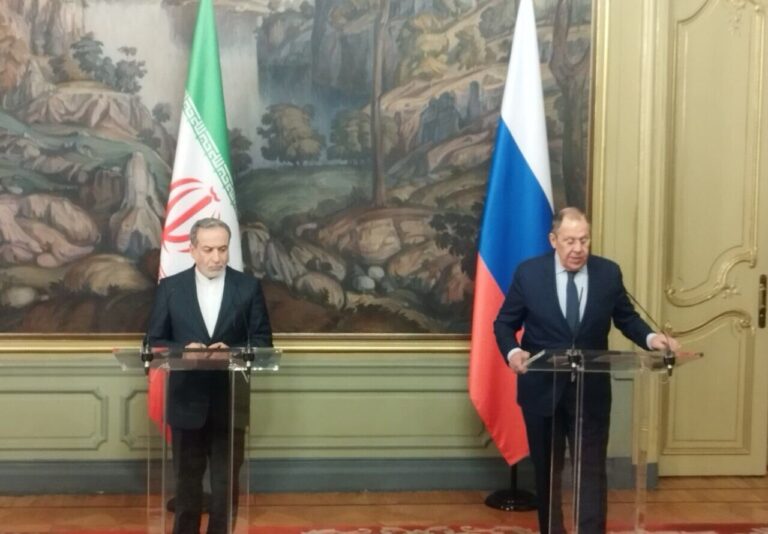
Breakthrough Possible: US Commitment Key to Successful Indirect Talks This Saturday
Iranian diplomat Abbas Araghchi expressed optimism regarding nuclear negotiations during a press conference in Moscow with Russian Foreign Minister Sergei Lavrov. Araghchi emphasized the need for serious discussions solely focused on the nuclear issue, suggesting that unrealistic demands hinder progress. He noted partial seriousness from the US in initial talks and confirmed his participation in upcoming discussions in Rome, despite concerns about US motives. Indirect negotiations were deemed acceptable, and he highlighted the importance of keeping Russia and China informed. Lavrov reiterated Russia’s commitment to facilitating the negotiations, reflecting a collaborative approach towards achieving a resolution on Iran’s nuclear program.
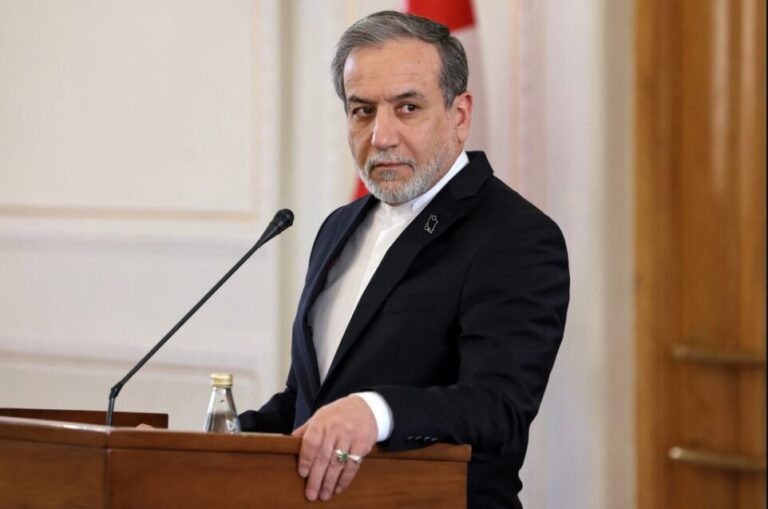
Why a Military Solution is Not the Answer to the Nuclear Crisis
Discussions about the 2015 nuclear deal, the Joint Comprehensive Plan of Action (JCPOA), emphasize Iran’s commitments, even after the U.S. withdrawal. Iranian official Araghchi affirmed that Iran will not seek nuclear weapons, highlighting the absence of evidence of violations, a claim supported by U.S. intelligence. He stressed the success of past diplomatic engagements and warned against military solutions, which he believes lead to destabilization and costly failures. As the international community considers the JCPOA’s future, prioritizing diplomacy over military interventions is crucial for regional stability and reducing nuclear threats, fostering cooperation and understanding among stakeholders.